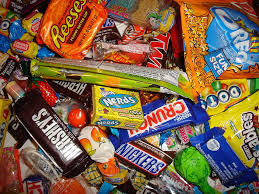Candy Delight!
 identical candies are to be distributed among
children.
identical candies are to be distributed among
children.
The probability that exactly children get no candies is of the form , where and are co-prime positive integers.
Find the digit sum of .
-
Any number of candies from those available can be given to any child.
-
Eg : Digit sum of is .
The answer is 36.
This section requires Javascript.
You are seeing this because something didn't load right. We suggest you, (a) try
refreshing the page, (b) enabling javascript if it is disabled on your browser and,
finally, (c)
loading the
non-javascript version of this page
. We're sorry about the hassle.
Two of the children can be chosen in ( 2 2 0 ) ways. For each of these combinations, the 2 0 candies can be distributed among the remaining 1 8 children, (such that each of these children receives at least one candy), in ( 1 7 1 9 ) ways.
(This last calculation is a 'stars and bars' problem, an explanation of which is given here .)
Without any restrictions, the number of ways of distributing the candies is ( 2 0 3 9 ) , again determined using the 'stars and bars' method. Thus the probability that exactly 2 children receive no candies is
( 2 0 3 9 ) ( 2 2 0 ) ∗ ( 1 7 1 9 ) = 7 6 5 8 1 4 0 4 9 3 6 1 .
Finally, the digit sum of 3 6 1 + 7 6 5 8 1 4 0 4 9 = 7 6 5 8 1 4 4 1 0 is 3 6 .